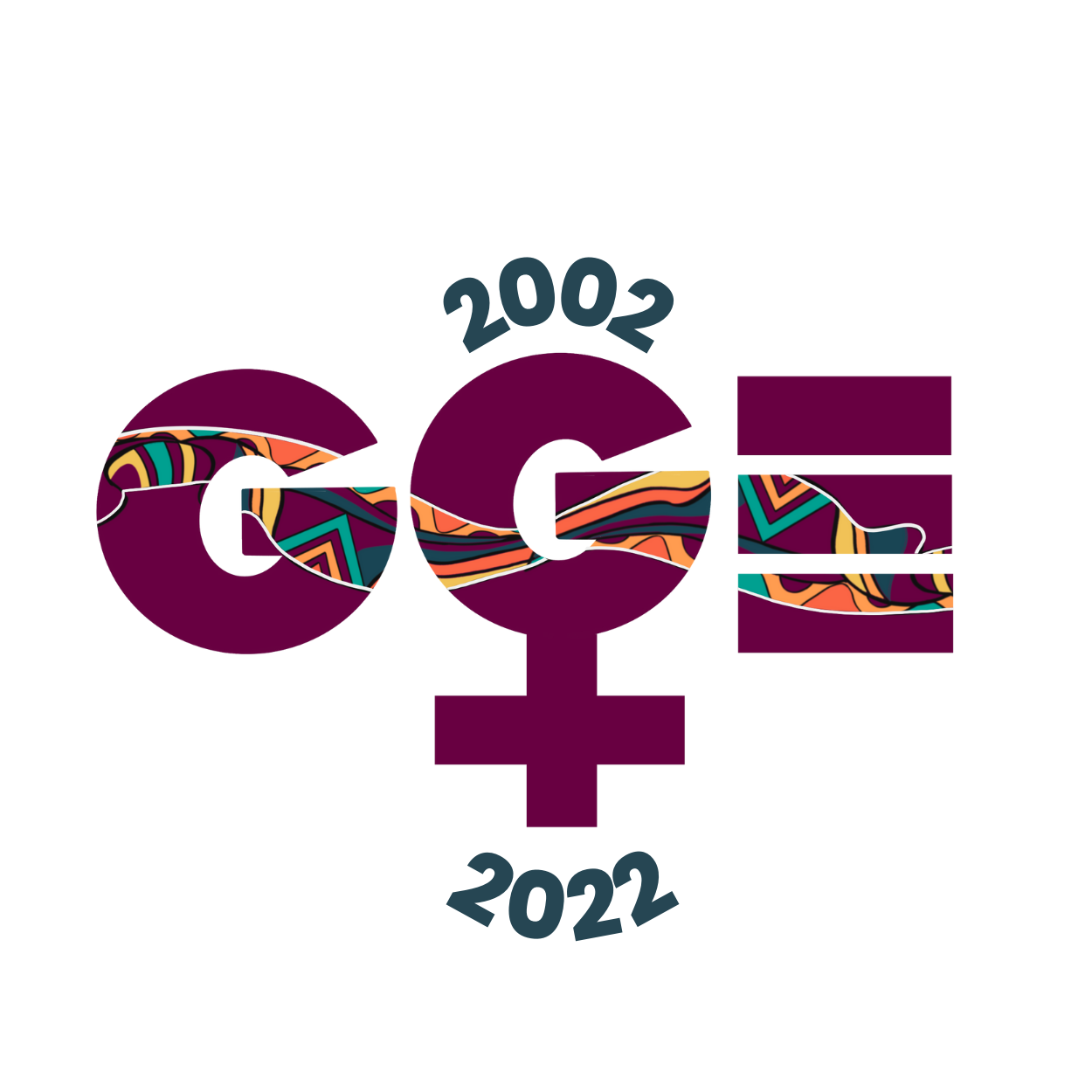Black girls are not disposable, and we will not be silent about the abuse created by the presence of police in and around schools.
FOR IMMEDIATE RELEASE: January 29, 2021
Contact: Ashley C. Sawyer | 718-857-1393 ext. 124 | media@ggenyc.org
Girls for Gender Equity (GGE) joins the powerful collection of hundreds of youth and racial justice organizations across the country demanding #PoliceFreeSchools, especially now in response to yet another incident of police violence against Black girls in schools. Police do not belong in or around our schools, they do not resolve conflicts between students, and they continue to siphon precious resources away from the types of healing, restorative supports, and interventions that sustain positive school climates. Over the years, GGE has documented a number of incidents where girls of color in particular, were targeted by police in and around their schools, including the most recent incidents of violence in Osceola and Eustis, Florida.
We join our partners in calling for the firing of the Osceola County Sheriff’s Deputy at Liberty High School who appears to knock a young Black girl unconscious and make a violent arrest. We also call for the firing of the School Resource Officer in Eustis, Florida who uses a taser on a young Black girl in her high school cafeteria. Incidents of police violence send a message of fear and intimidation to all the students who witness these events – both in person and on the news. Students should never have to witness violence against their peers. Students should not have to experience criminalization or school exclusion as a result of the violence that they are made to endure.
There is a strong connection between the presence of police in schools and the racially discriminatory arrests which build and sustain the school-to-prison pipeline. In New York City, where GGE calls home, over 500 Black girls were arrested last year during the pandemic; while Black girls make up 21% of all the girls in the City, they represented 56% of all girls arrested. Further, during the 2018-2019 school year, Black girls were targeted and stopped by police over 2,500 times in their schools – including one case where a girl as young as six was placed in handcuffs in her school by an NYPD officer.
Our message remains consistent: young people need more supportive, caring adults in their schools and communities who are teachers, counselors, and restorative justice practitioners. When young people have the resources to thrive – housing, food, clothing, quality culturally relevant education, after-school initiatives, access to athletic and art programs, and the love and support of their community – schools are safer.
For more information on the impact of policing on cisgender and transgender girls and non-binary youth of color, read our reports at https://campaigns.ggenyc.org/.


